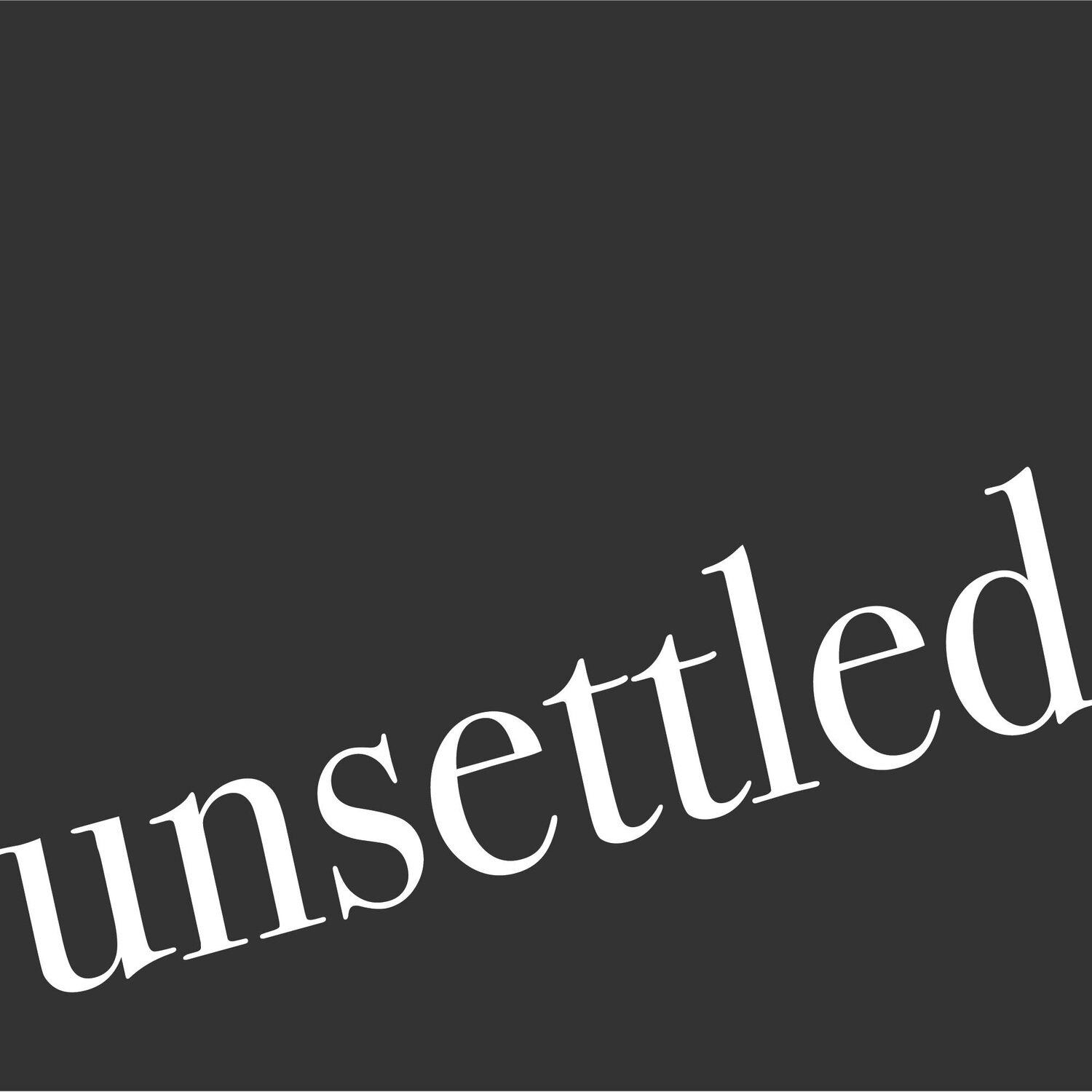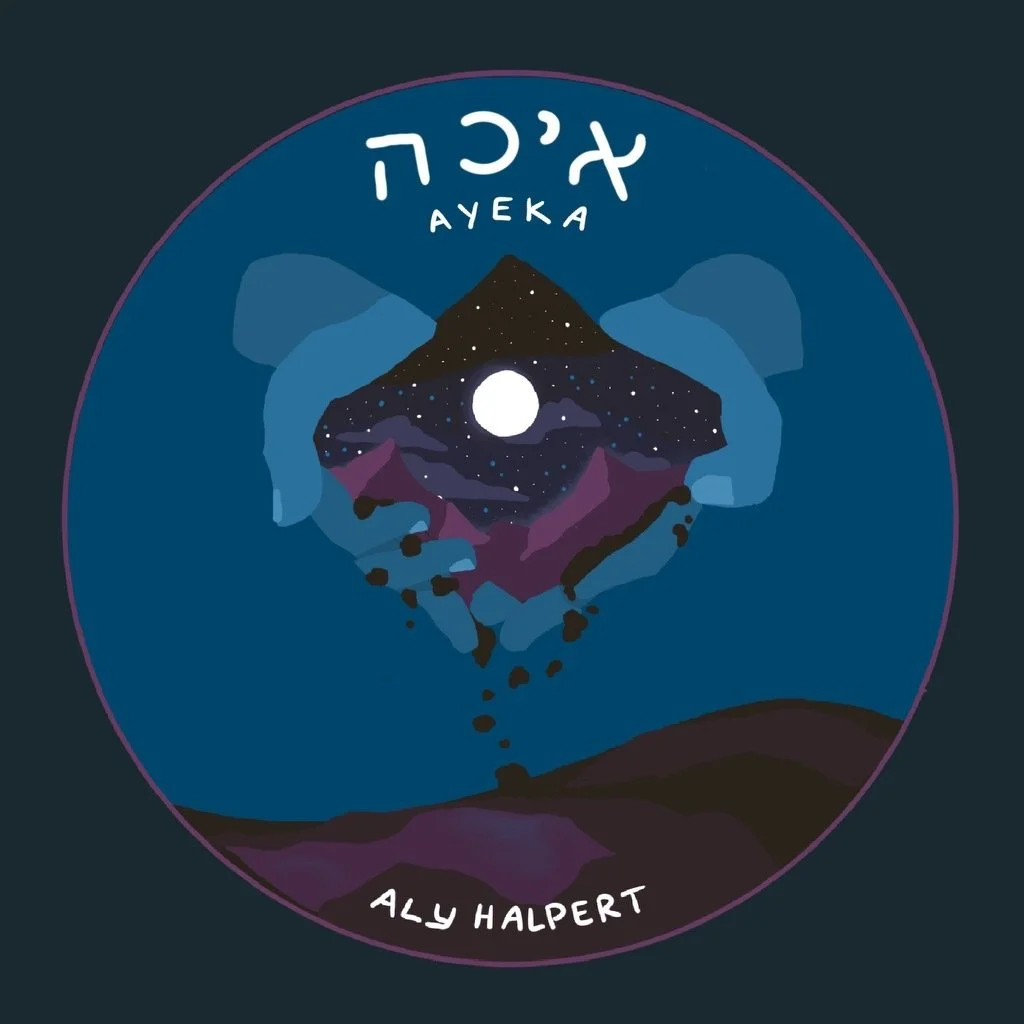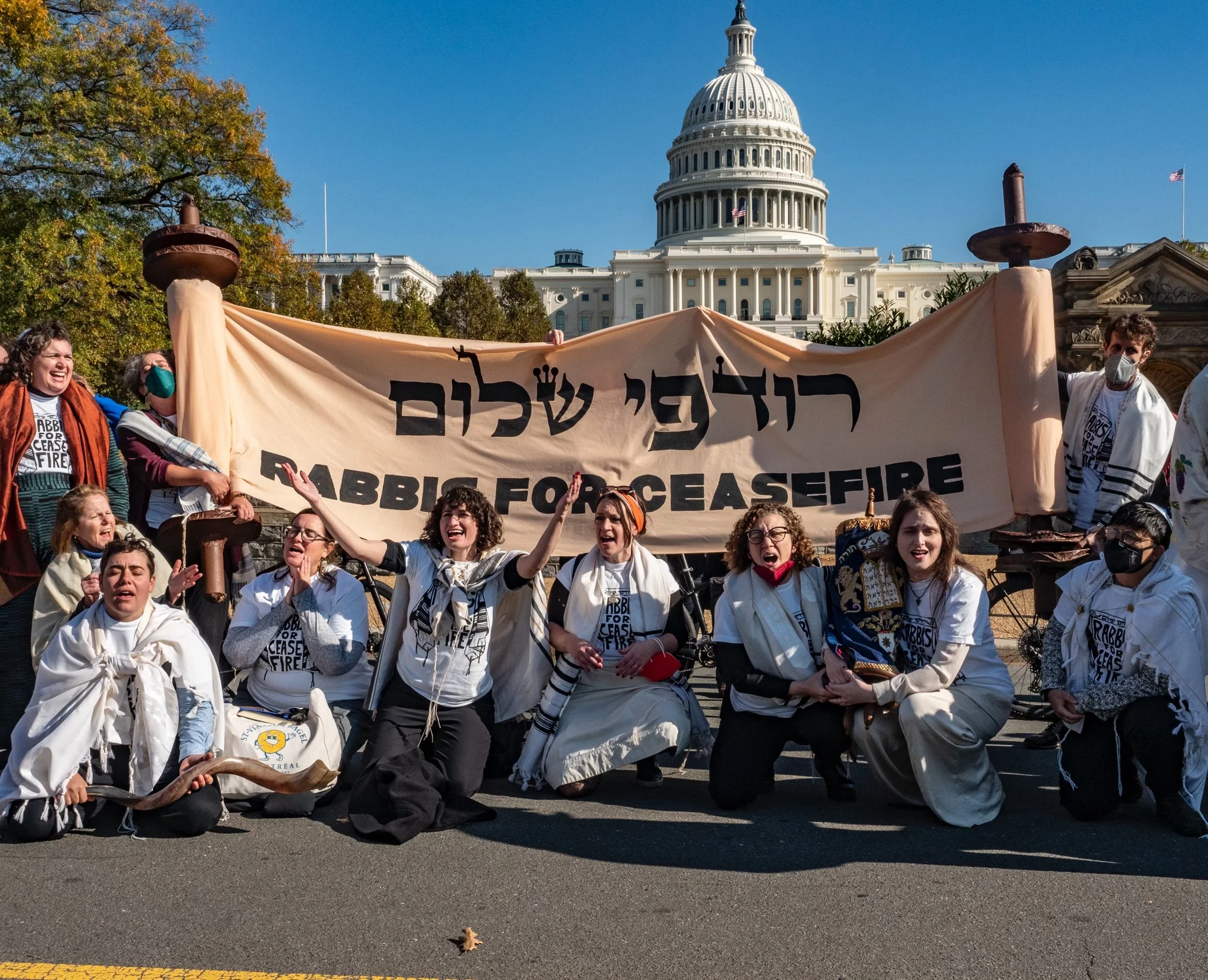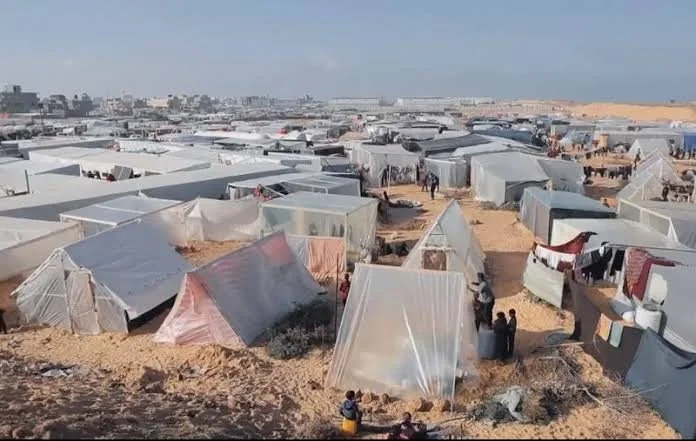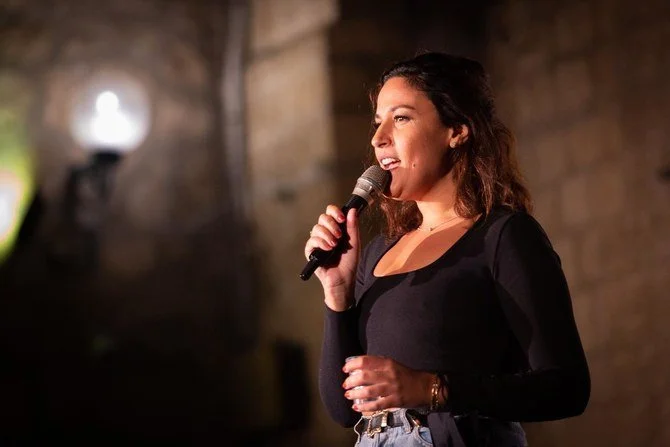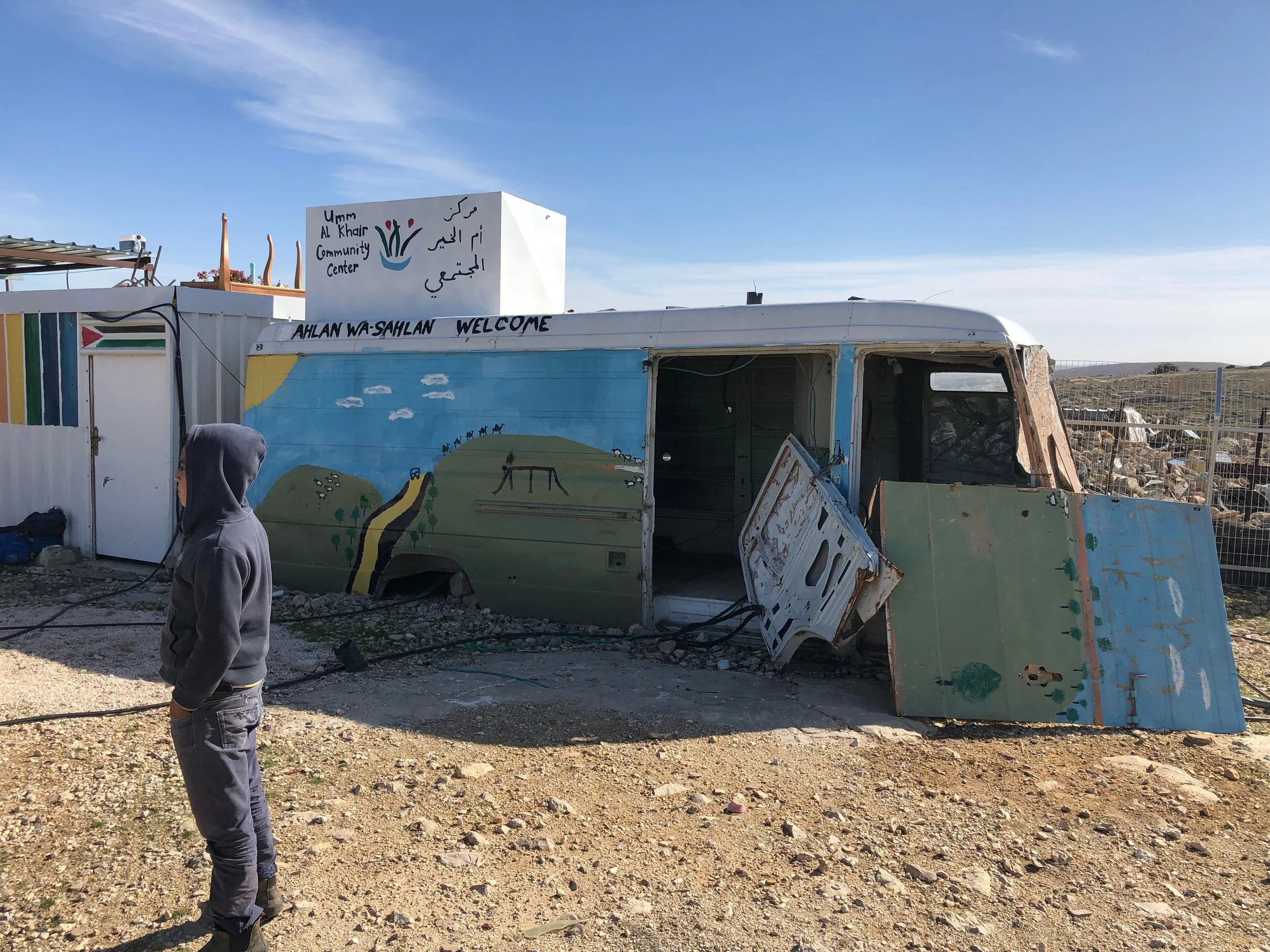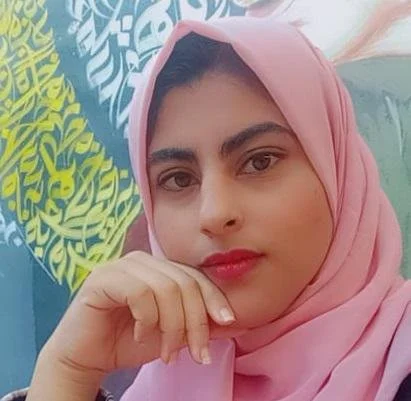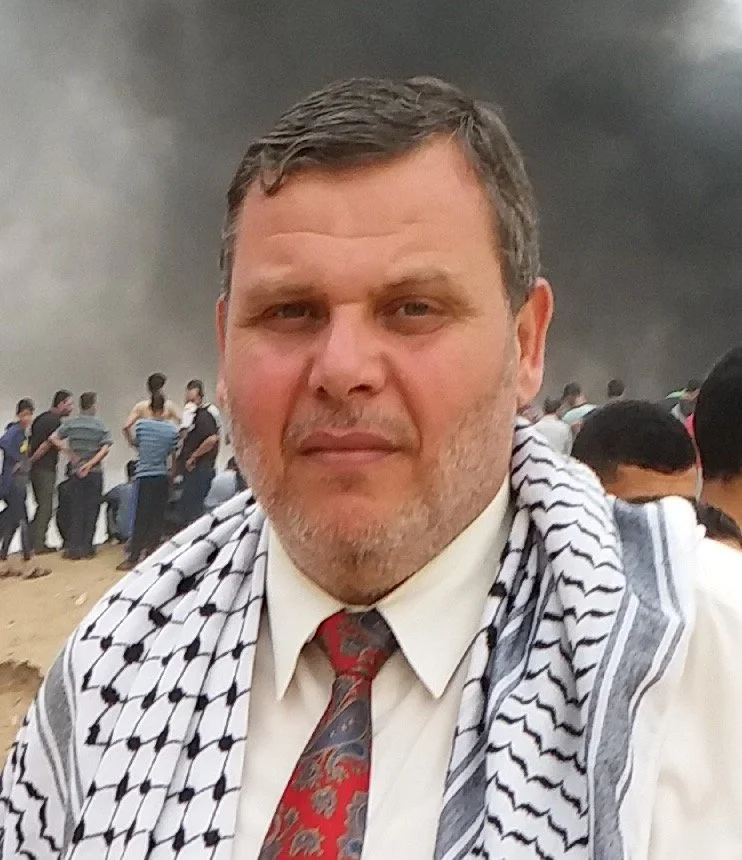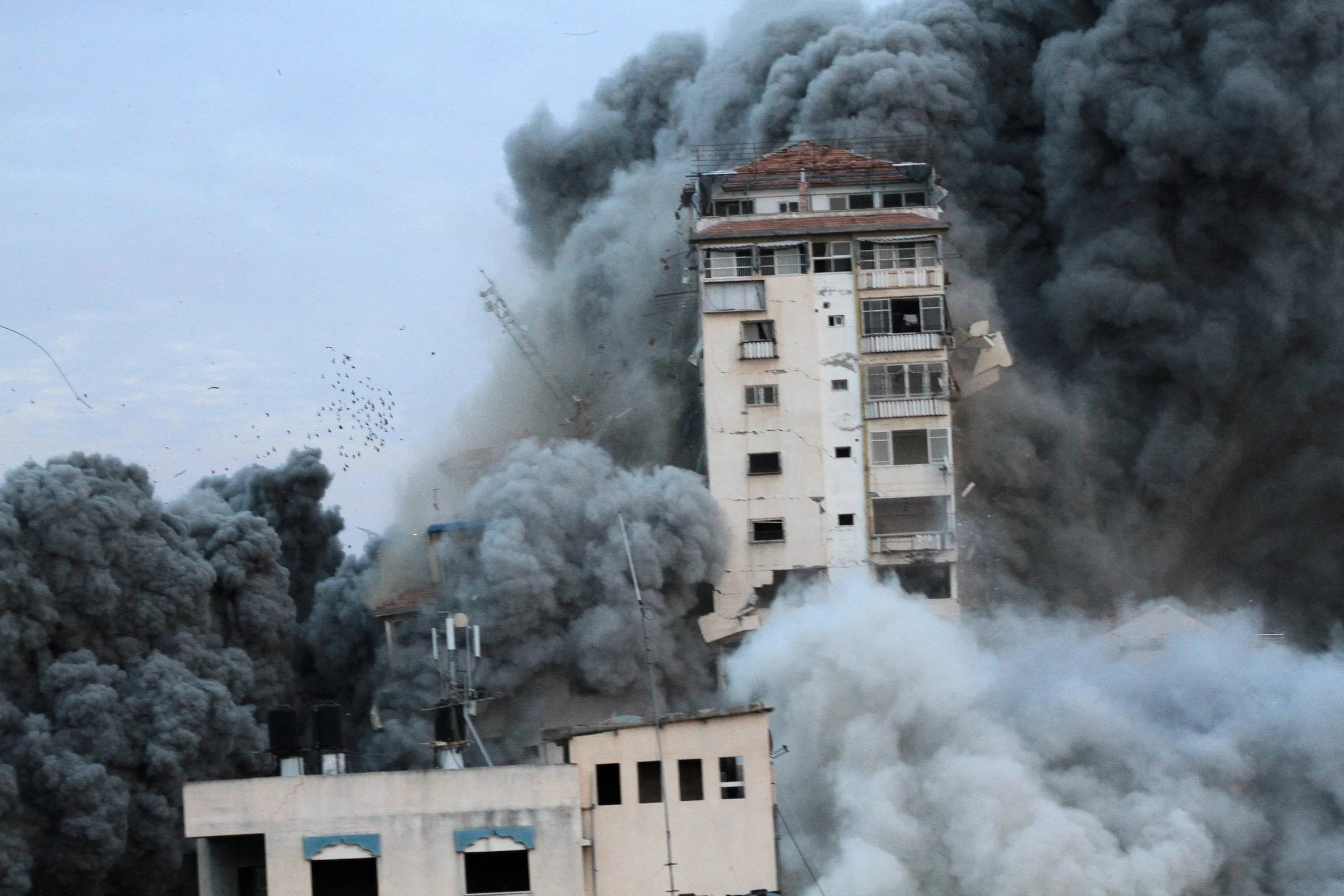For this episode of Unsettled, we’re doing something we’ve never done before: premiering a new song. Aly Halpert makes music used in synagogues and Jewish song circles. Today, Aly is releasing a new song called 'Ayeka': the first time she has used her music to directly respond to the violence in Israel-Palestine. Aly spoke to Unsettled producer Ilana Levinson about her inspiration for 'Ayeka', her writing process, and what she hopes the song will do for listeners.
Rabbi Miriam Grossman: “We act and we do not wait for hope”
Since the start of the Israel-Hamas war, grief and rage have brought thousands of people to the streets to demand a ceasefire. One of the many groups that have mobilized in the U.S. is Rabbis for Ceasefire. One of these rabbis is Miriam Grossman.
Unsettled producer Ilana Levinson recently sat down with Rabbi Miriam to ask her what it means to be a rabbi for ceasefire, especially when so many rabbis and other Jewish leaders are standing in lockstep with the state of Israel.
An update from Isam Hamad
The last time we featured Isam Hamad on Unsettled was a few days after the October 7th attacks, when Israel had just begun its bombardment of the Gaza Strip. At the time, Isam and his family — including his 93-year old father and a son with cerebral palsy — were still in their home in Gaza City. But a few days later, they were forced to evacuate south to the city of Rafah, near the Egyptian border.
Before this war, the population of Rafah was about 250,000. Now, it’s over a million, with many families living in tents and some on the streets. Isam lives in a three-story house with 46 other people. Recently, he was able to get a family reunification visa from Ireland, because one of his children was born there. But he’s still waiting for approval to leave.
Talking to Our Families
Just before Thanksgiving, we asked listeners to call in and tell us about how they’re navigating conversations with their families, friends, and communities in this moment—as Israel responds to the October 7th attacks with unprecedented destruction in Gaza. What has worked in getting through to loved ones, and what hasn’t? How are people are managing these relationships, or coping with their feelings about them?
This episode is a collaboration between Unsettled and On the Nose, the podcast from Jewish Currents magazine.
Milena Ansari: "Detention without trial or charge"
As of Thursday, November 30th, a temporary ceasefire is in place between Israel and Hamas. At this point, 69 hostages have been released by Hamas and 150 Palestinian detainees have been released by Israel. Palestinian prisoners being released have been called terrorists, with an Israeli imposed ban on Palestinian families publicly celebrating the return of their loved ones. But who are the Palestinian detainees held in Israeli prisons being released in this deal, and on what grounds are they being detained?
Noam Shuster-Eliassi: “We are broken”
It's hard to find anyone in Israel who isn't shaken to the core by the magnitude of Hamas' attack on October 7. For many in Israel, their pain and shock has translated into support for bombing Gaza. But despite public pressure, some Israelis do voice opposition to the war - even people who have deep personal connections to the victims of October 7. One of these dissenting voices has been the comedian Noam Shuster-Eliassi. Since October 7, Noam has dedicated her social media platform not to comedy, but to painful, personal posts from her unique perspective as an Israeli Jew with a deep connection to her Palestinian neighbors.
"The worst it's ever been": the South Hebron Hills after October 7
It’s been a month since October 7, when Hamas fighters killed 1,400 Israelis and captured more than 200 hostages. It’s also been a month of Israel's retaliation: air raids and ground operations in the Gaza Strip that have killed almost 10,000 Palestinians, destroyed infrastructure, and limited access to basic necessities. For the past month, Palestinians in the West Bank have also faced increased violence from settler-soldier militias. In this episode, we hear from the villages of Susiya and Umm al-Khair, where Israeli settlers have escalated their efforts to make Palestinians' lives unlivable.
Shahd Safi: "We need electricity, we need fuel, we need flour, we need bread"
On Friday, October 27th, Israel cut off internet in the Gaza Strip for 36-hours, as it expanded its ground operations. This total internet blackout left Gaza without the ability to communicate, both internally and with the outside world. Human rights groups Amnesty International and Human Rights Watch warned that without the internet, their ability to document war crimes and other abuses had become increasingly difficult. The internet was restored on Sunday October 29th. Unsettled spoke with writer, translator and human rights advocate, Shahd Safi, both before and after the internet blackout about the conditions inside Gaza.
Arie Hasit: "Everybody has opened a situation room"
In this conversation, Producer Ilana Levinson speaks with Rabbi Arie Hasit in Israel. Ilana and Arie, who grew up going to the same synagogue and and summer camp, discuss what it was like to be in Israel on October 7th, and Israel's obligations toward its own citizens as well as the Palestinian people of the Gaza strip as the war continues.
Matt Duss: "This is not a moment where people are making good policy"
To better understand the U.S. role in Israel’s war in Gaza, Unsettled producer Max Freedman speaks to Matt Duss: former foreign policy adviser to Senator Bernie Sanders, and now Executive Vice President at the Center for International Policy. They discuss the geopolitical context for Hamas's attack; how the U.S. provides diplomatic cover for Israel on the international stage; and why the Biden administration appears disinclined to restrain Israel from committing war crimes in Gaza.
Isam Hamad: "What sort of a life is this?"
As this crisis unfolds, Unsettled is bringing you the voices of many different people who are affected by the violence, as well as expert analysis and context. Today, producer Ilana Levinson speaks to Isam Hamad: an organizer of 2018's Great March of Return, and manager of a medical equipment company in Gaza City.
Tareq Baconi: "There's no going back"
Over the next few days, Unsettled is going to bring you the voices of many different people who have been affected by this week's devastating escalation of violence in Israel and Gaza. We’re starting with an episode Hamas, whose surprise attack across the Gaza border on October 7th "completely ruptured the reality we thought we were operating in," says Tareq Baconi.
A note from Unsettled Producers
Over the weekend Hamas launched an attack on Israeli towns near the Gaza border, and has also been launching rockets towards Israeli population centers as north as Tel Aviv. Hundreds of Israeli soldiers and civilians are dead and dozens have been taken captive. The fact that Hamas has been able to breach Israeli defenses and launch an attack of this magnitude inside of Israel has stunned the Israeli public.
Groundwork: Three Bullets
Groundwork is a podcast about Palestinians and Jews refusing to accept the status quo and working together for change. This episode from their recently released second season follows activist Maisam Jaljuli as she visits the grieving families of Palestinian citizens of Israel that have lost family members to organized crime and violence. Note: This episode includes descriptions of gun violence, death, and bereavement.
Amjad Iraqi: The Myth of Israeli Democracy
Israel is often called "the only Democracy in the Middle East,” with activists, politicians, and even journalists pointing to Israel's Supreme Court as a prime example. But Prime Minister Benjamin Netanyahu wants to weaken the Israeli judiciary, sending Israeli Jews into the streets en masse to protest. For months, Israelis have been engaged in marches, strikes, and even boycotts to stop what many are calling a judicial coup. But for millions of Palestinians who live under Israeli rule, the Supreme Court is just another instrument of their subjugation. To better understand this conflict – who’s on what side and who’s being left out of the conversation – we invited +972 Magazine Senior Editor Amjad Iraqi back to Unsettled.
